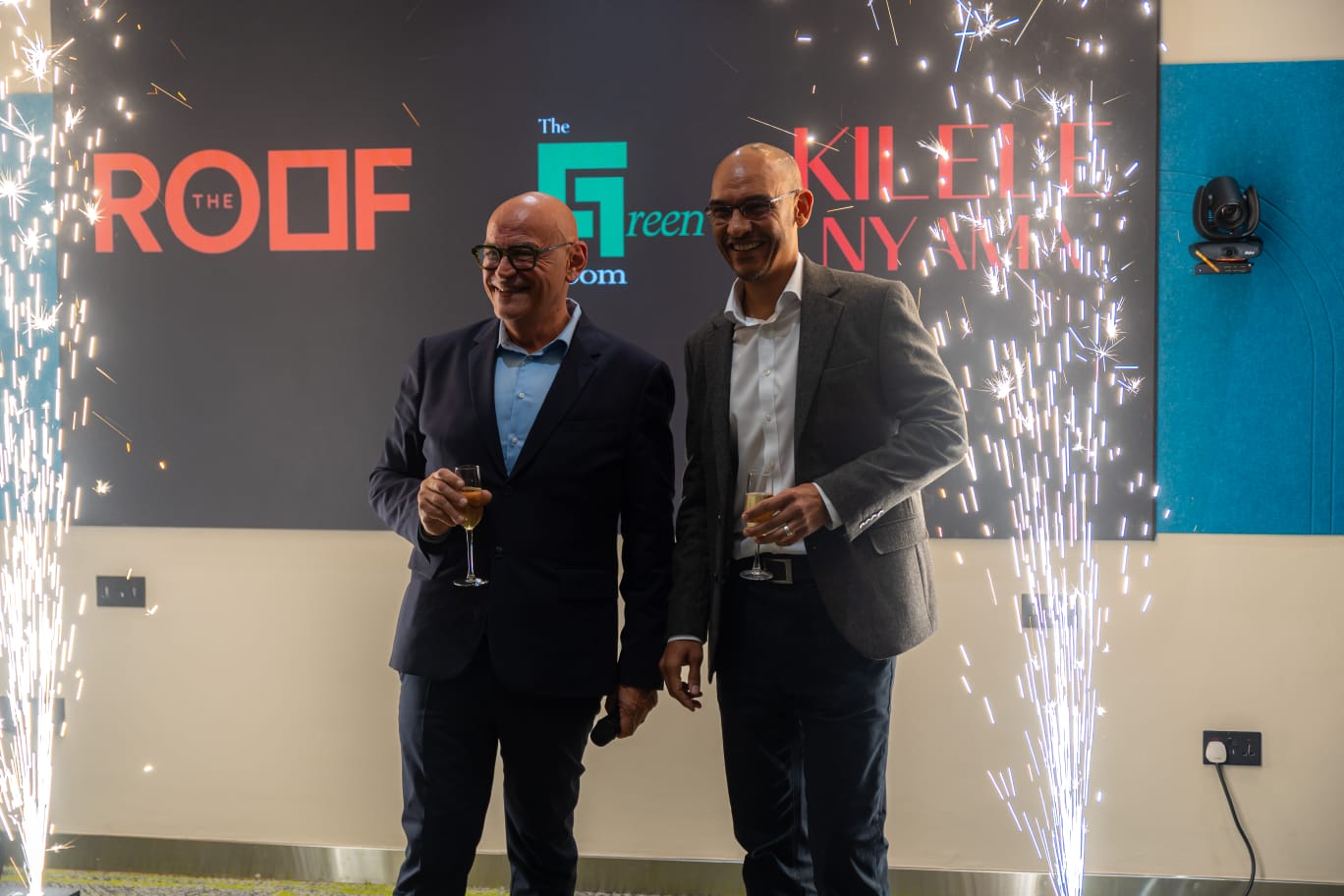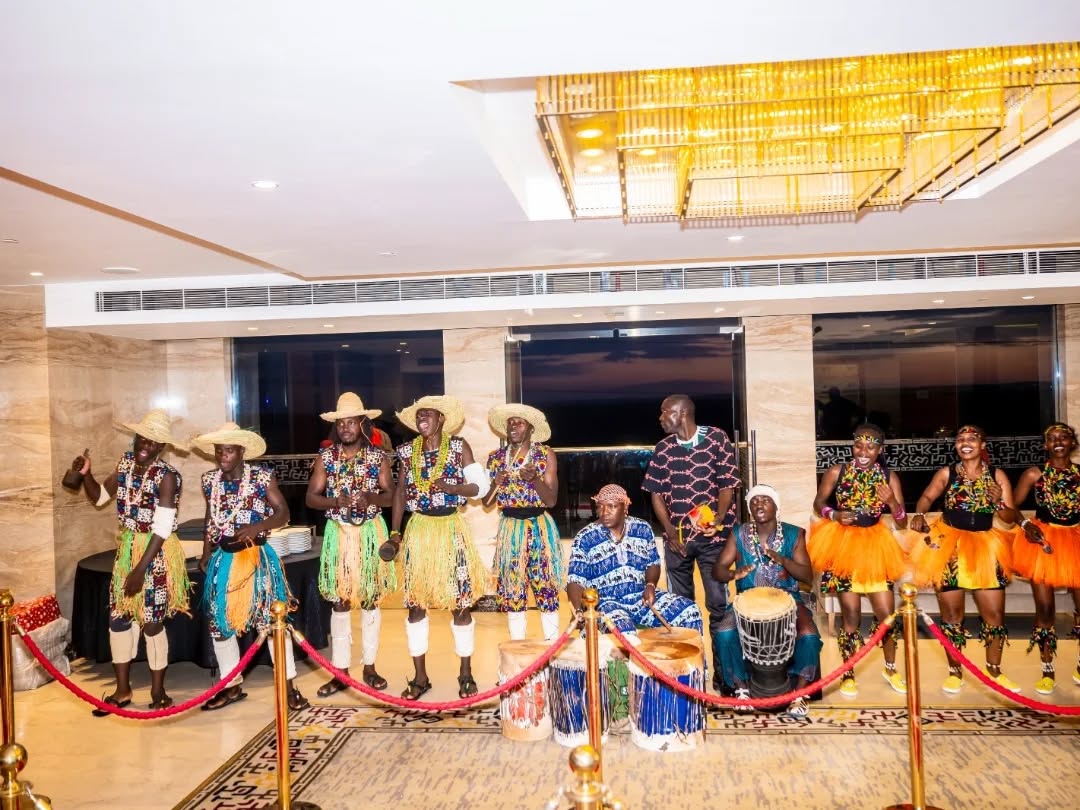
A recent opinion poll conducted by Mwelekeo Insights has illuminated the perceptions and attitudes of Kenyans aged 30 and above towards Generation Z (Gen Z), the demographic cohort born between 1997 and 2012. Released today, the study investigated how older generations view the increasing impact of Gen Zs on Kenya’s social, political, and economic spheres, particularly following significant national events, including the intense protests that led to the withdrawal of the 2023/2024 Finance Bill in June 2024.
Employing a comprehensive approach that combined surveys of over 16,800 individuals, group discussions, and detailed interviews across diverse demographic groups throughout Kenya, the poll explored opinions on Gen Zs’ influence on politics, work ethic, cultural values, and overall contributions to society. The findings reveal a complex picture of both generational tensions and identified possibilities for cooperation, emphasizing the crucial need for greater understanding between generations to promote social unity and inclusive development in Kenya.
The study revealed a significant recognition among older Kenyans of Gen Z’s growing role in shaping national conversations. Characterized by their digital proficiency, strong activism, and forward-thinking ideals, Gen Zs have become increasingly vocal across various sectors, eliciting both admiration and criticism from older generations.
Regarding political and civic engagement, the poll indicated that a notable majority of respondents acknowledge Gen Zs as politically aware and actively involved, especially in online spaces. Furthermore, a significant portion commended their organized and assertive activism in addressing issues of governance and social justice. However, a considerable number also expressed concerns that this activism might lack long-term strategic depth. When it came to leadership potential, over half of the respondents believed Gen Zs possess it but require guidance to develop practical governance skills, while a substantial minority held a different perspective, suggesting an inherent opposition to established systems.
In the realm of economic contributions and work ethic, there was widespread agreement on Gen Zs’ innovative approaches to earning a living through online ventures, freelancing, and content creation. Their adaptability in navigating economic challenges such as unemployment and inflation was also recognized by a large segment of respondents. Nevertheless, the study uncovered anxieties about their alignment with traditional workplace norms, with nearly half of those surveyed expressing reservations about their willingness or ability to conform.
Concerning social and cultural values, an overwhelming majority of older Kenyans perceived Gen Zs as progressive, particularly in their views on gender equality, sexual rights, mental health awareness, and environmental sustainability. Despite this acknowledgment, the poll suggested underlying disagreements regarding evolving cultural norms.
The study identified considerable differences in work ethic, lifestyle, and communication styles between Gen Zs and older generations for a significant portion of respondents. Despite these perceived divides, there was optimism about the potential for collaboration, with a large majority suggesting that mentorship programs, intergenerational dialogue, and joint projects could bridge these gaps.
The research also highlighted regional variations, with urban residents more inclined to view Gen Zs as a powerful force for positive socio-economic and political change compared to their rural counterparts. Interestingly, positive sentiments towards Gen Zs as agents of progress were similarly strong among both male and female participants.
The Mwelekeo Insights poll underscores the evolving relationship between generations in Kenya. While acknowledging potential areas of conflict, the study also emphasizes the considerable opportunities for collaboration and mutual learning that can contribute to a more unified and forward-looking future for the nation. Mwelekeo Insights recommends fostering meaningful dialogue between generations, promoting comprehensive civic education, supporting youth entrepreneurship, cultivating mutual understanding and respect for diverse values, and actively involving younger generations in governance and decision-making processes. Mwelekeo Insights is a leading research firm committed to providing data-driven insights on social, economic, and political issues in Kenya. This self-funded poll was conducted with strict adherence to ethical research principles, ensuring the informed consent, privacy, and confidentiality of all participants.







